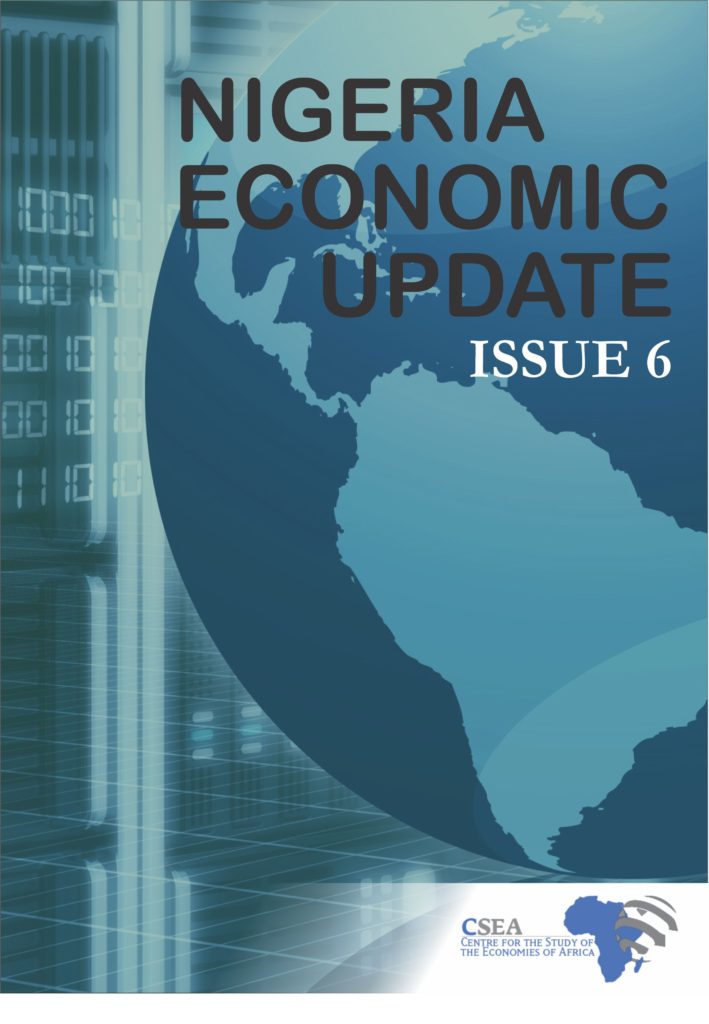The federal government fiscal operations in 2017 shows that there were deficits for the four quarters recorded. The CBN report reveals that the federal government spent a total of N147.11 billion on capital expenditure in the four quarters (including a 2016 fiscal year roll-over due todelay in approving the 2017 budget), and N3.64 trillion as recurrent expenditure in 2017. Capital releases suggest that only about 6.6 percent of budgetary amount of N2.24 trillion was spent in the fiscal year, while recurrent expenditure represented 72 percent of N5.06 trillion budgeted
for the year. Nigeria’s recurrent expenditure has always exceeded capital expenditure for infrastructure, however, the delay in the passage of the 2017 budget (in June 2017) may have triggered the slow-down in capital releases. Nonetheless, the 2017 budget is still being followed, given that the 2018 budget has not been passed. Going forward, the process of the 2018 budget release should be expedited, as delay in budget sends negative signals to foreign investors which could make them divert capital investment to other countries.
Macroeconomic Report & Economic Updates

March 10, 2018
Nigeria Economic Update (Issue 6)
The federal government fiscal operations in 2017 shows that there were deficits for the four quarters recorded. The CBN report reveals that the federal government spent a total of N147.11 billion on capital expenditure in the four quarters (including a 2016 fiscal year roll-over due todelay in approving the 2017 budget), and N3.64 trillion as […]
Read →
Related
Nigeria Economic Update (Issue 38)
Available data from NBS shows that Aviation sub-sector of the transport sector grew by o.15 percent in real terms in 2017Q2 down from 1.53 percent in 2017Q15. The decline is likely attributable to fall in year-on-year passenger and aircraft movement in the sub-sector, following increased air fare charges.
